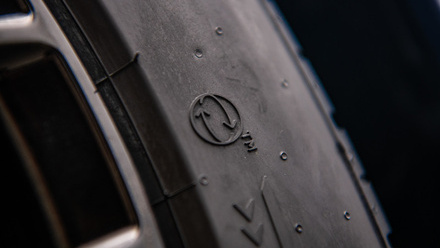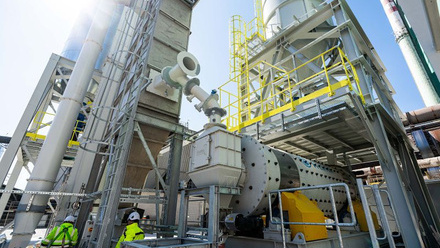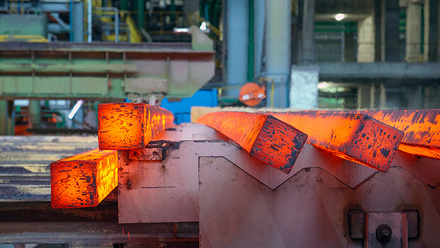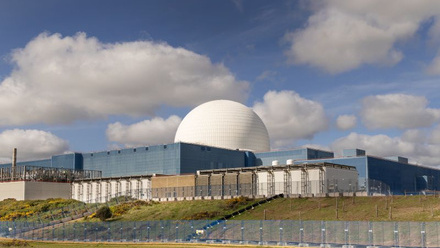UK and Japan launch EarthCARE
European-Japanese space mission aims for more reliable climate predictions and better weather forecasts.
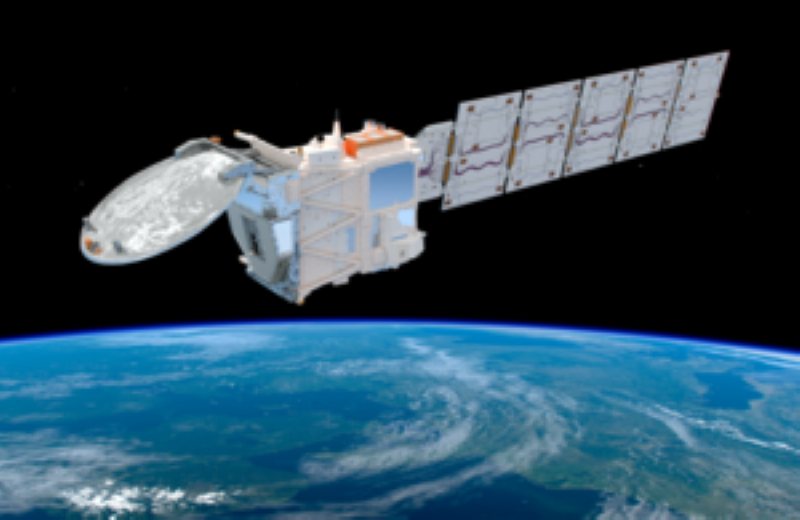
Artist's impression of EarthCARE mission.
© ESA/ATG MedialabThe mission is to better understand the role of clouds and aerosols in regulating Earth’s climate. EarthCARE stands for: Earth Clouds, Aerosols and Radiation Explorer.
More than 20 UK organisations are involved and it is the ‘brainchild’ of Professor Anthony Illingworth, from the University of Reading.
Developed by the European Space Agency (ESA) in co-operation with JAXA, the Japanese Aerospace Exploration Agency, the mission will use four cutting-edge instruments to enhance understanding of how clouds influence the climate system.
The EarthCARE satellite is the sixth, and reportedly most complex, Earth Explorer mission of ESA’s Living Planet Programme.
Earth Explorers are focused research missions dedicated to specific aspects of our planet’s environment.
Aerosols, like dust and smoke, play a role in the formation of clouds and observing them will lead, it is claimed, to more reliable climate predictions and better weather forecasts.
EarthCARE is partly the result of a €263mln contract from the ESA and Astrium GmbH.
The satellite was launched on a SpaceX Falcon 9 rocket from Vandenberg Air Base in the USA on 28 May 2024.
It is reported it will travel in a Sun-synchronous 393km polar orbit, completing an orbit every 90 minutes.
EarthCare weighs just over 2t (2,200kg), measures 17.2m in length with its solar array deployed, and is expected to operate for a minimum of three years.
EarthCARE employs high-performance LIDAR and radar technology that has never been flown in space before.
A full breakdown of the mission and associated data can be found online.


